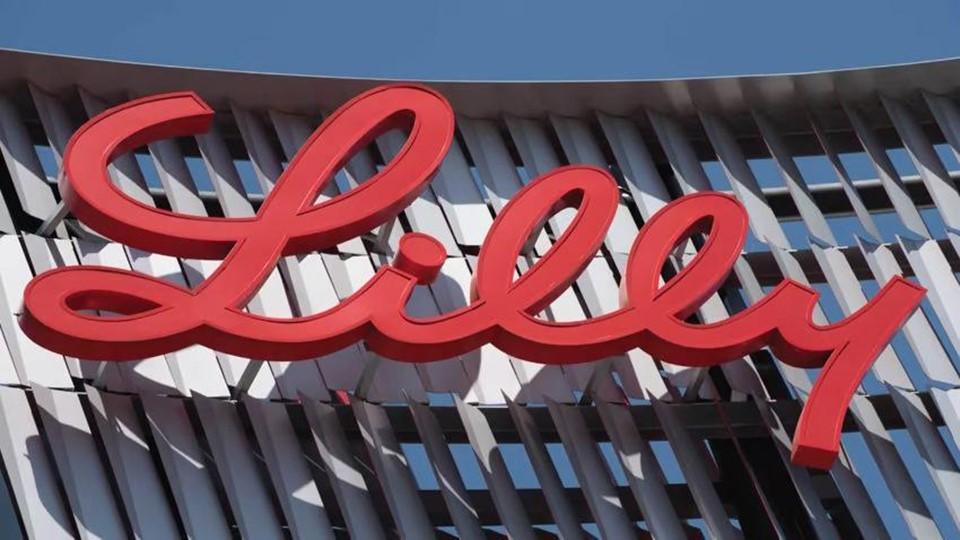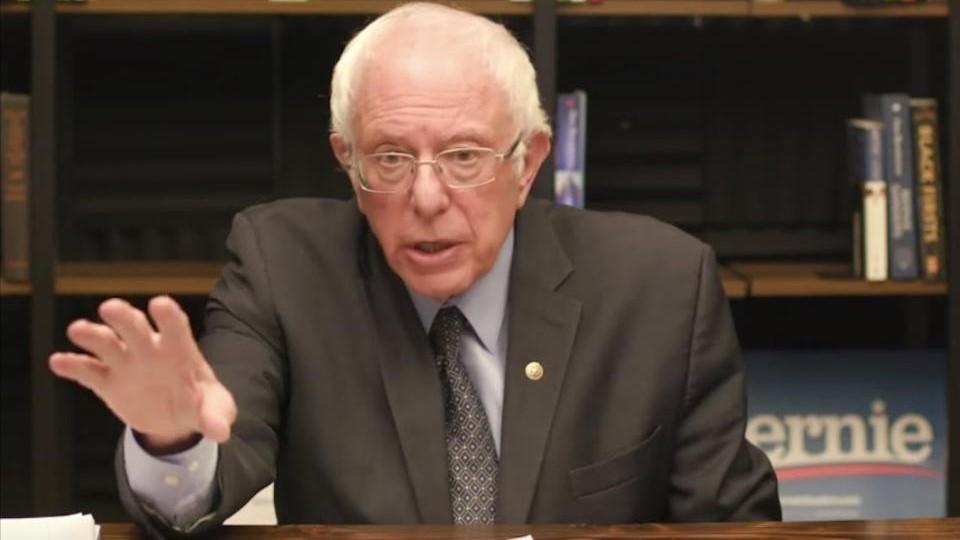Lilly launches telehealth option for obesity and other drugs

Eli Lilly has launched a new website-based access programme for some drugs like its new obesity therapy Zepbound, opening up a new direct-to-consumer (DTC) channel that could shake up how the pharma sector operates in the US market.
Using the new LillyDirect service, Zepbound (tirzepatide) will be available to patients who have a prescription for the drug at a price of $550 per month, half the $1,060 list price offered to insurers before discounts or rebates, which is the same price someone without insurance would pay with a Zepbound savings card. It also features direct home delivery.
Organisations like wholesalers and pharmacy benefit managers (PBMs) are still likely to be involved in the supply process for patients with insurance, so the move is not as disruptive as might appear at first glance, but retail pharmacies are cut out of the loop. For those without insurance, however, it provides an alternative and easier route to access, according to Lilly.
Lilly said that the new digital option recognises that many patients are finding it difficult to get access to drugs like Zepbound – in part because of a general lack of healthcare providers handling obesity – and can also help to ensure they are not at risk of getting compounded versions or counterfeits.
It is one of the first examples of a big pharma taking a DTC approach in which a patient’s prescription goes straight to the company, and is also notable as it bundles in telehealth access to doctors – via a partnership with FORM in the case of Zepbound – as well as patient information and support and direct home delivery of medicines through third-party dispensing channels.
Truepill and Eversana are contributing pharmacy services at the moment and other partners may be added in future, said Lilly. Zepbound is the headline medication covered by LillyDirect, but it also covers diabetes and migraine drugs, respectively, via telehealth providers 9amHealth and Cove.
According to the company, it allows “consistent access” to supplies and makes it easier for patients to access its discount and savings schemes. Additional medicines may be added to the service in future, along with programmes to help patients adhere to therapy.
“We know that people have come to depend on the efficiency and convenience of digital solutions to meet a variety of their everyday needs – healthcare being one of them,” commented Frank Cunningham, group vice president, global value and access, at Lilly.
“We launched LillyDirect with the hope that it will offer patients an innovative end-to-end experience to manage their health and access their medicines, so they can get back to living their lives.”
The move could also be a canny one commercially, with analysts predicting it could help Lilly get a competitive edge over its main rival in the obesity category – Novo Nordisk – which is currently ranked number one with drugs like Wegovy (semaglutide), despite facing some supply constraints.
Novo Nordisk and other companies may well set up their own, similar programmes of course, and for Lilly's chief executive, David Ricks, the primary objective is to help patients with the complexities of navigating the US healthcare system, which “adds to the burdens patients face when managing a chronic disease.”
The move has, however, already raised questions about the telemedicine component of this sort of manufacturer-focused DTC programme; for example, whether impartial advice will be given if a patient would benefit from a different medication.
The American College of Physicians (ACP) said it is “concerned by the development of websites that enable patients to order prescription medications directly from the drugmaker,” contending that the approach “is primarily oriented around the use of telehealth services to prescribe a drugmaker’s products.”
Lilly insists, however, that there will be no direct payment of telehealth provider doctors by Lilly and they will not know that a patient came to them from the LillyDirect programme, although at-home delivery will only be available for its own drugs.
It is worth noting as well that other organisations have launched similar telehealth programmes providing routes to access obesity drugs, including WW International (formerly known as Weight Watchers), Found, and Noom, adding to patient choice in this area.













